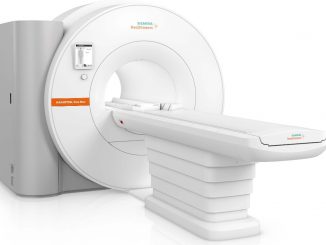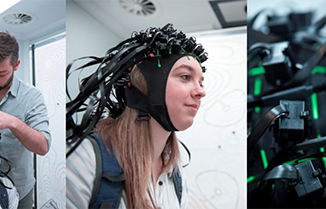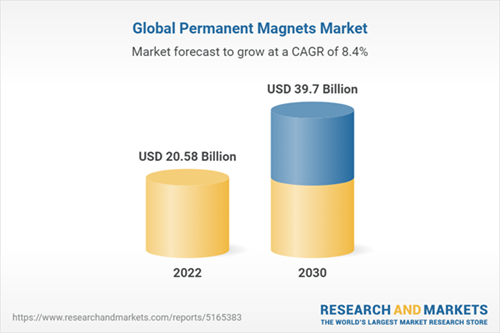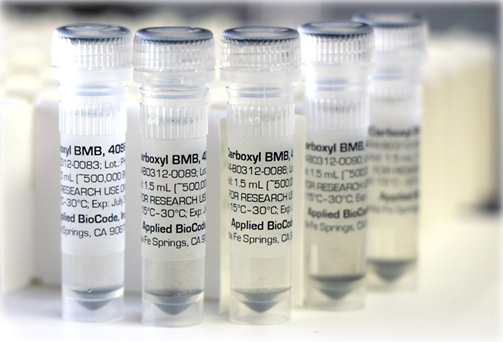
Barcoded magnetic beads the size of a human hair are revolutionizing the battle against infectious diseases as medical technology companies rapidly expand their capability to use magnetic particles in new equipment and diagnostic techniques.
At the heart of the innovative activity is Applied Biocode, a company based in Santa Fe Springs, CA, whose pioneering advancements in applying barcodes to magnetic particles are spreading across an ecosystem of major global medical and laboratory equipment companies that are forging ahead with new solutions to harness and commercialize the technology.
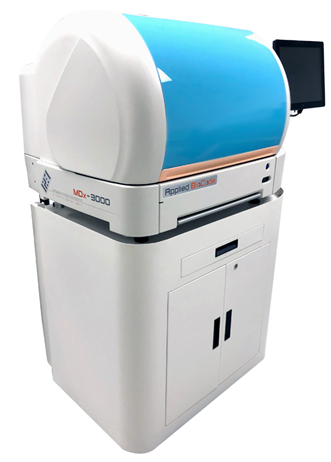
BioCode MDx-3000 System
In June, Biocode received clearance from the U.S. Food & Drug Administration for the use of its high-throughput MDx-3000 system and its Gastrointestinal Pathogen Panel to be used alongside Roche’s highly automated MagNA Pure 96 extraction system. The MagNA Pure 96 System can extract DNA/RNA from up to 96 patient samples in approximately 60 minutes. Now, with the addition of the MagNA Pure 96 System, BioCode will have access to higher volume laboratories that utilize the Roche system for sample extraction. The combination of the BioCode and Roche systems will allow laboratories to easily process up to 188 patient samples in a single, 8-hour shift.
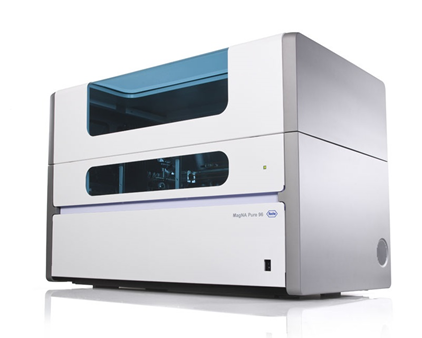
Roche MagNA 96
It was the second recent approval allowing the match-up of Biocode’s products to a line of highly automated laboratory equipment used in high-volume laboratories. Earlier, it obtained a similar FDA clearance for being used with the Nuclisens easyMAG extraction system of French medical equipment company bioMerieux.
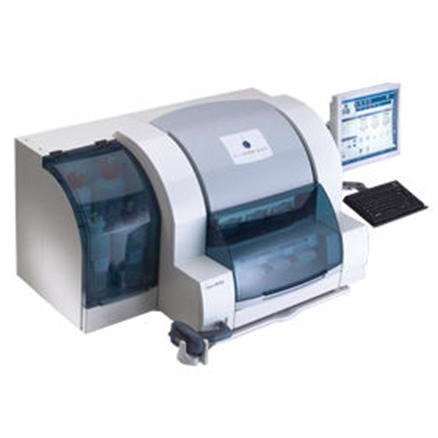
Nuclisens 96 easyMAG
The Nuclisens easyMAG from bioMerieux is a laboratory platform specifically optimized for total nucleic acid extraction from biological samples. The system automates an enhanced magnetic silica version of bioMérieux’s proprietary BOOM technology for the universal extraction of RNA and DNA. Based in Marcy l’Etoile, France, the company has been a world leader in the field of in vitro diagnostics for over 55 years and had 2018 revenues of 2.4 billion Euro with 90% of its sales outside of France. Its products are mainly used for diagnosing infectious diseases and some critical illnesses. Its diagnostic solutions are also used for detecting microorganisms in agri-food, pharmaceutical and cosmetic products.
Barcoded magnetic beads
The integrated systems all revolve around Biocode’s barcoded magnetic bead technology which offers up to 4,096 barcoded patterns. The company has combined “digital barcodes” with immunochemistry and molecular probes to create a new, bio-inspired barcoded magnetic beads (BMB) technology. The microscale BMB, with a diameter of human hair, is tagged with immunochemistry or molecular probes, allowing the digital barcode to be easily scanned and accurately identified for a breakthrough number of biological targets with no ambiguity.
The beads are highly stable and demonstrate low, non-specific binding characteristics in biological assays, reports the company. It currently offers four different functionalized versions.
Carboxyl beads enable covalent attachment of nucleic acids, and other ligands on the bead surface. They permit probes and specific primers to bind to the bead surface via amino-modified termini. P-Carboxyl beads enable covalent attachment of proteins, peptides, and other ligands. They enable proteins to bind to the bead surface covalently via amino groups. Amino beads enable covalent attachment of proteins, peptides, and other ligands with the characteristics of high stability and low non-specific binding. Amino beads enable proteins to bind to the bead surface covalently via carboxyl groups. The fourth version, Streptavidin beads are designed for high affinity binding to biotinylated molecules enabling rapid assay development for a variety of applications.
BMBs are formed by biocompatible polymer with paramagnetic material composite. Biocompatible polymer enables highly stable surface chemistry while paramagnetic material exhibits magnetic properties when an external magnetic field is applied. This allows for easy washing and separation. Each 70 x 25 x 6 µm bead contains one of 4,096 possible digital barcodes that can be readily identified through bright field imaging.
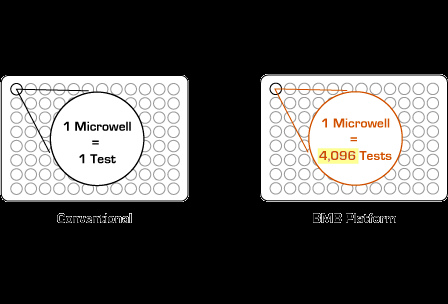
A diverse range of bioassay applications can be explored using BMB with the BioCode 2500 Analyzer. In microplate assays, each microwell can hold hundreds of BMBs. Numerous beads with different barcodes may be placed in each well for multiplex testing. BMB are standard packaged in 1.5 mL tubes that each contains a unique bead code.
As a company, Biocode focuses its products on the molecular infectious disease segment of the market with assays that detect pathogens for gastrointestinal infections, respiratory infections and others. It also partners with a variety of diagnostic companies with applications that include the infectious disease, autoimmune disease, allergy, gut microbiome, and veterinary markets.
Standalone, its MDx-3000 system can run up to 100 different barcodes per assay. Up to 94 patient samples can be completed on the system in less than a 5-hour timeframe. Up to 3 assay panels with the same protocols can be run on the system at the same time.
Its Gastrointestinal Pathogen Panel was the first of many syndromic infectious disease panels developed for the MDx-3000. It tests the 17 most common bacteria, viruses, and parasites that cause infectious diarrhea including Salmonella, E-Coli and Giardia. The company also has a 20-plex Respiratory Pathogen Panel in clinical trials for the US market.
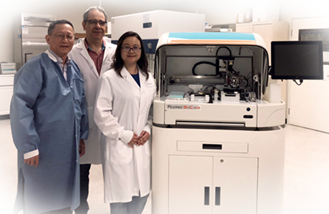
In October, Biocode raised $13.2 million in an initial stock offering. At the time, Winston Ho, president, pictured at left, stated that he was very pleased with the stock issuance and that the funds would be used for commercialization efforts for the Gastrointestinal Pathogen panel in the US market.
For more information, visit: http://www.apbiocode.com/

